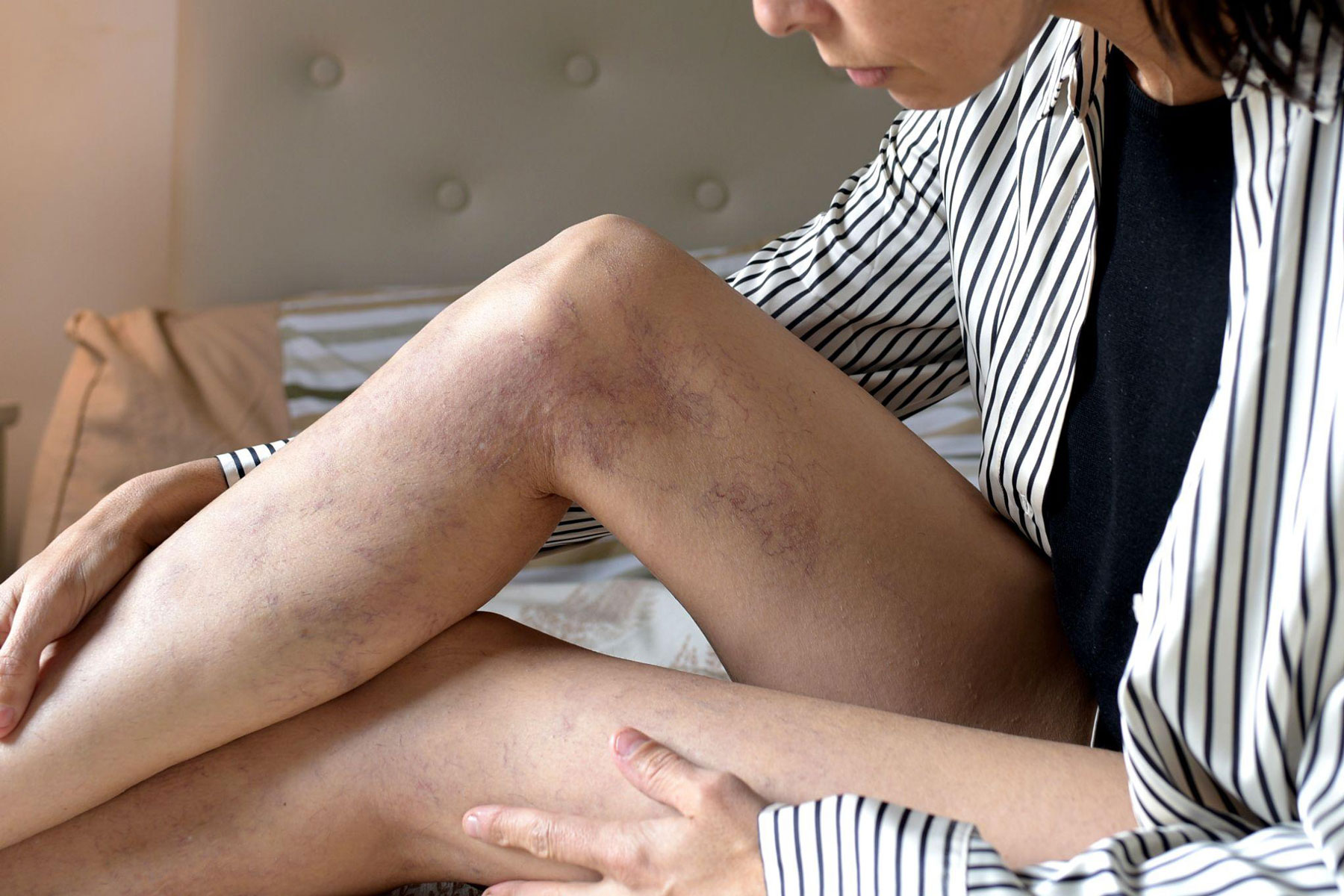If you dislike the winter months, you’re not alone. Other than the holiday season and Utah’s picture-perfect ski slopes, winter mostly just brings a lot of cold weather, which can be unpleasant. For individuals suffering from health issues, however, cold weather can be even more difficult to deal with, as it can exacerbate symptoms and negatively impact overall physical and mental health. Varicose veins are no exception, as cold winter weather can actually serve to make your varicose veins worse.
How Cold Temperatures Can Affect Varicose Veins
During the winter, air temperatures decrease, and this can cause blood vessels to constrict in order to increase blood flow to your heart. While this is designed to keep you warm, it can also place extra pressure on your vascular system, which can be an issue for individuals already suffering from vein issues.
However, even worse for varicose veins are the lifestyle changes that often accompany the winter season. With colder weather, physical activity often goes down, which reduces blood flow. And with the holidays and the accompanying treats and desserts, weight gain can occur and overall nutrition can go down as well.
How to Manage Varicose Veins in Cold Temperatures
- Get moving and stay active. Regular exercise is the very best thing you can do for your varicose veins in the winter, as increasing blood flow is key to reducing pain and swelling. This exercise doesn’t have to be intense– at least thirty minutes per day of walking, yoga, or another type of movement is beneficial. If you sit or lie down a lot throughout the day, even making sure to get up and walk around for a few minutes every hour or so can make a big difference.
- Eat healthy foods. As with most medical issues, improving your overall health is likely to improve your symptoms. Eating fruits, vegetables, and other healthy foods gives your body the essential vitamins and minerals it needs to reduce inflammation, improve circulation, and strengthen veins. Specifically for patients suffering from varicose veins, sticking to a low-salt diet can be helpful in reducing swelling in the legs.
- Wear compression stockings. Compression stockings are special socks made out of a strong elastic material that exerts pressure on your legs, and frequently wearing these stockings can reduce swelling and pain that occurs as a result of varicose veins. Compression stockings encourage efficient blood flow back to the heart and can reduce your risk of developing new varicose veins.
- Seek out medical treatment. While you can (and should!) take steps to manage varicose veins on your own, nothing is a substitute for professional medical treatment. Heart of Dixie Vein and Vascular Center offers a wide variety of minimally-invasive treatments and procedures that can improve your situation.
Southern Utah Vein and Vascular Care
If you’re experiencing pain, swelling, or discomfort in your veins and/or legs, let Heart of Dixie Vein and Vascular Center help you find relief. With locations in St. George and Cedar City, UT, and Mesquite, NV, Heart of Dixie’s compassionate care team has extensive experience serving patients throughout the region. Our cardiology professionals can identify and diagnose your vascular problem, help you understand your options, and perform a wide variety of treatments and procedures to get you relief. Contact us today for more information.





